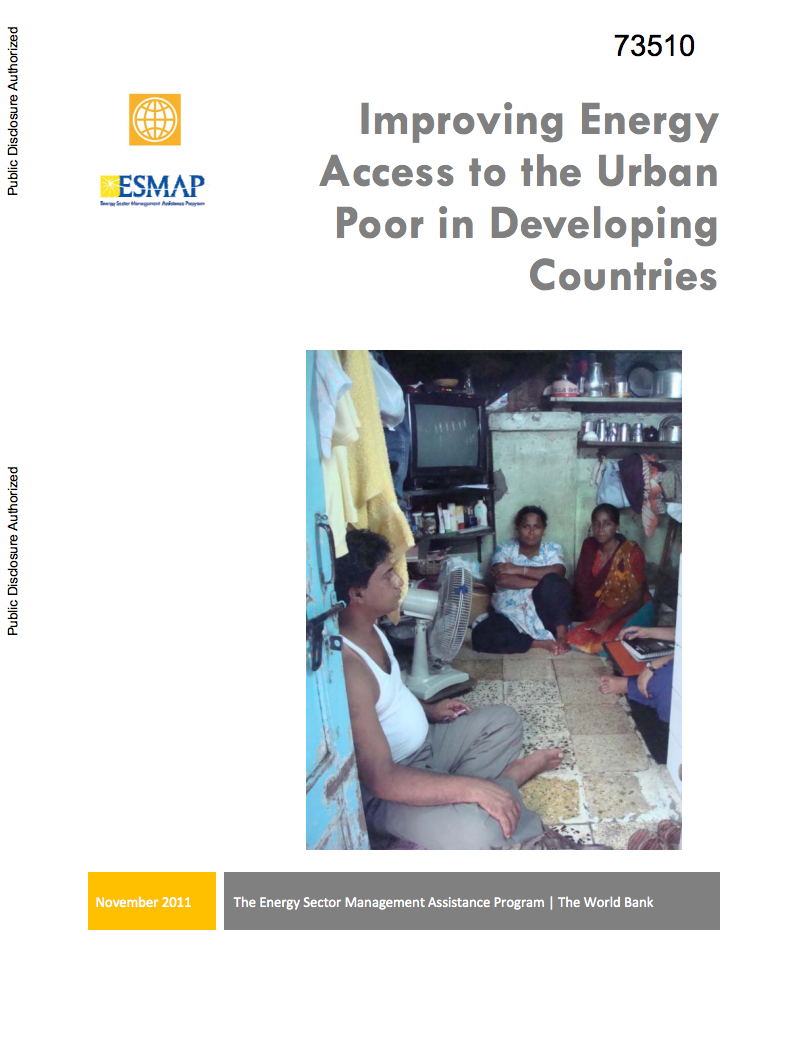Housing Matters
Housing matters to the livability of
cities and to the productivity of their economies. The
failure of cities to accommodate the housing needs of
growing urban populations can be seen in the proliferation
of poorly serviced, high-density informal settlements. Such
settlements are not new in the history of rapidly growing
cities, their persistence results as much from policies as
from economics and demographic transition. Slums have


